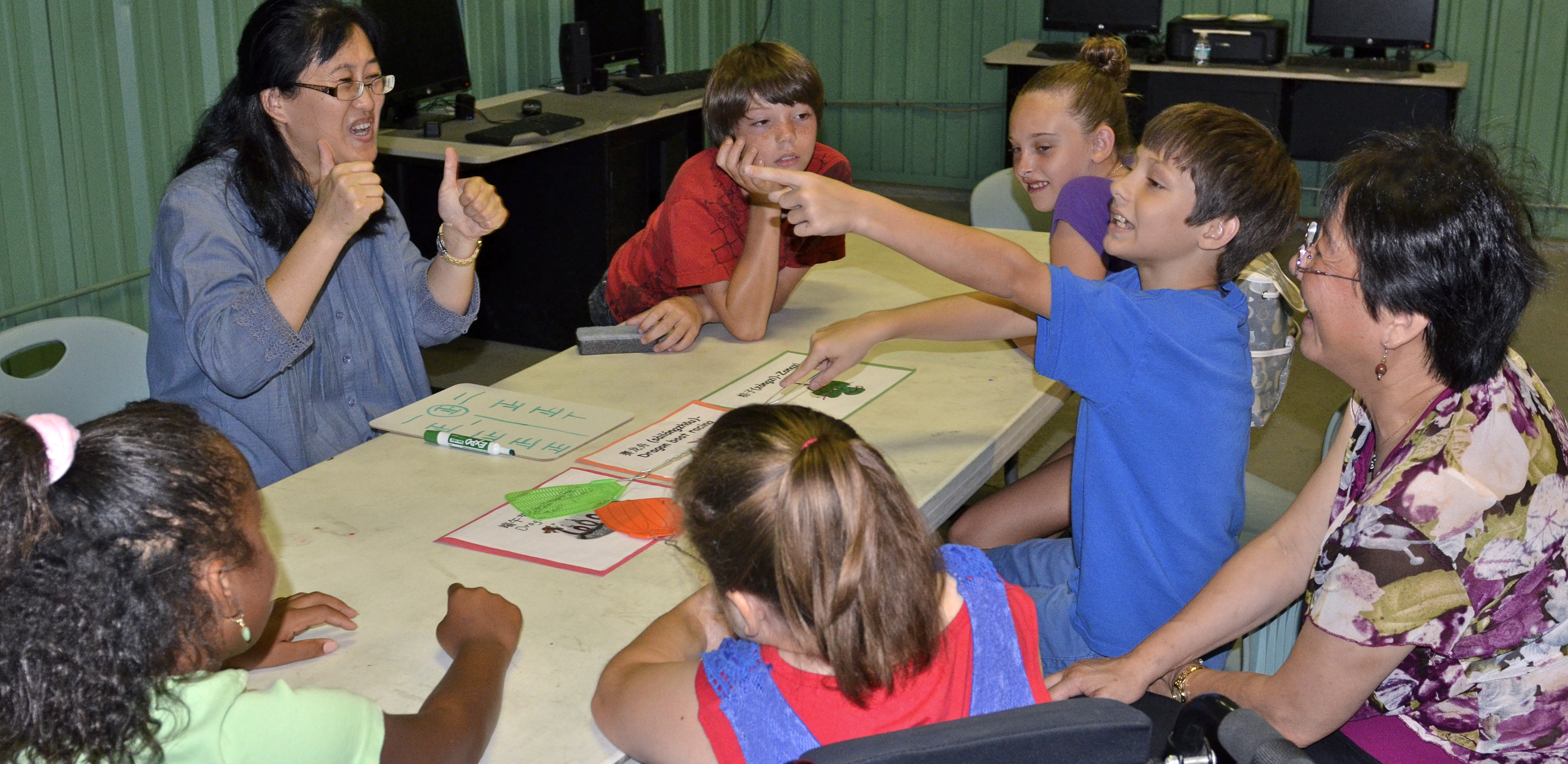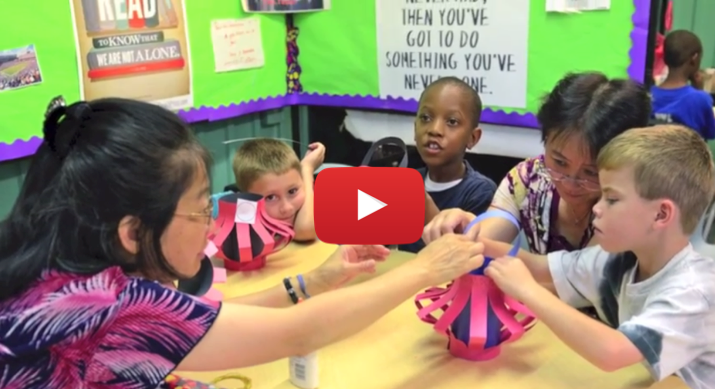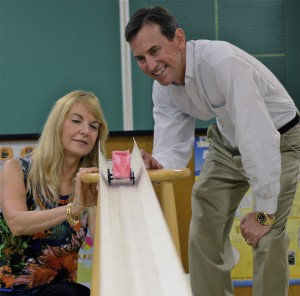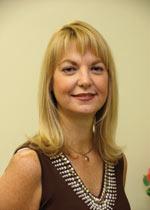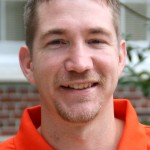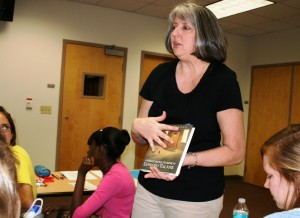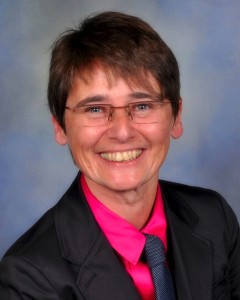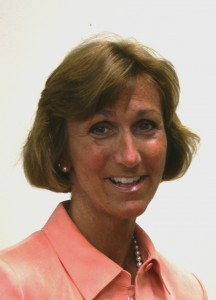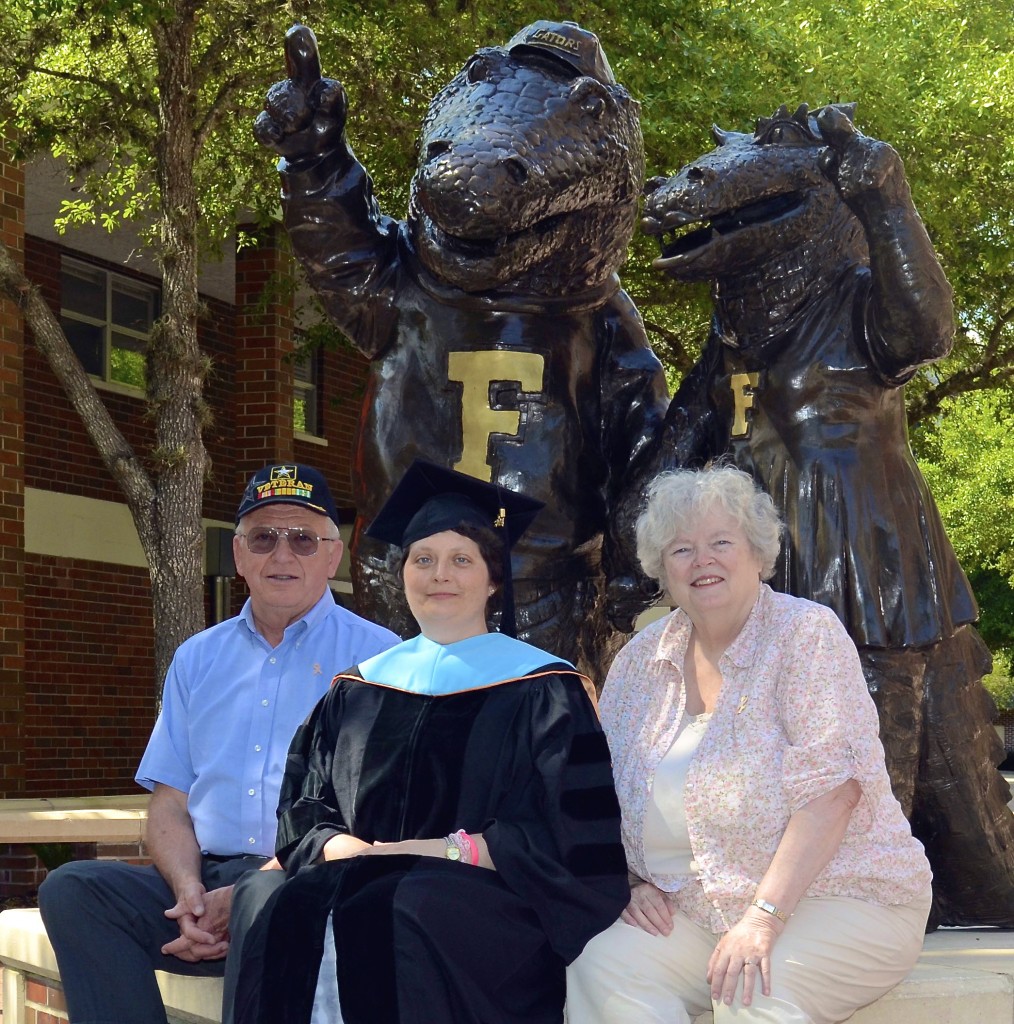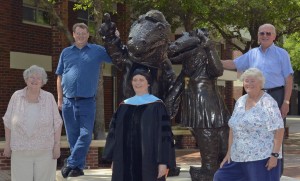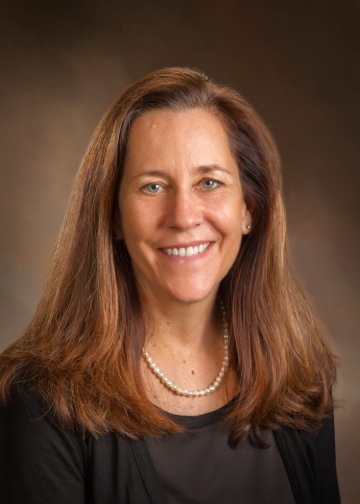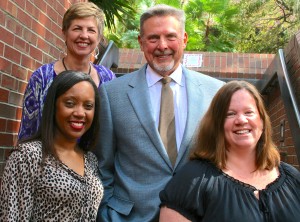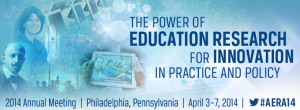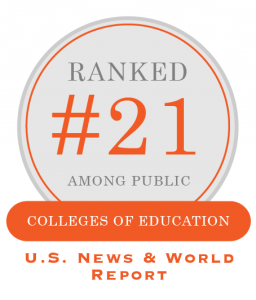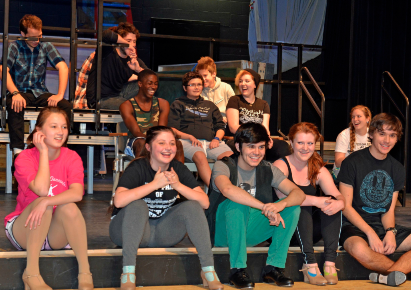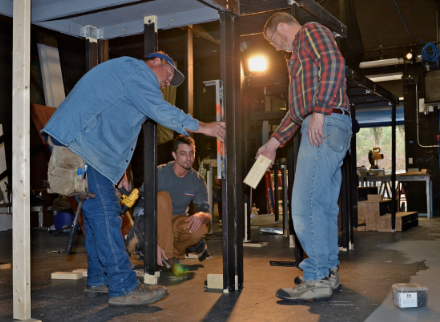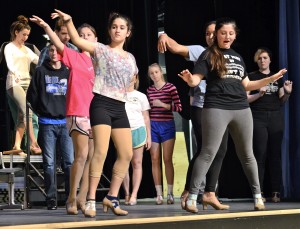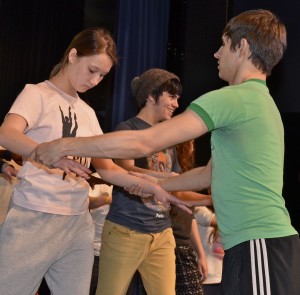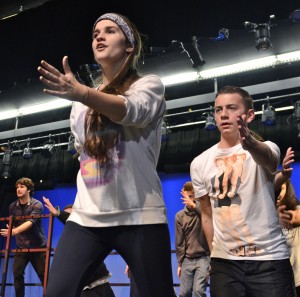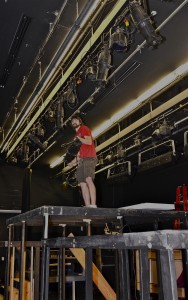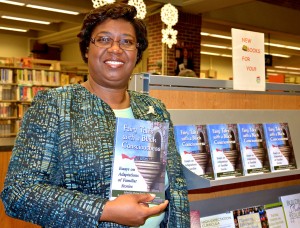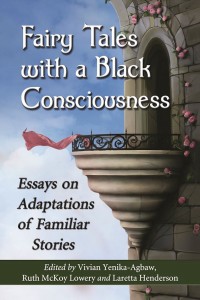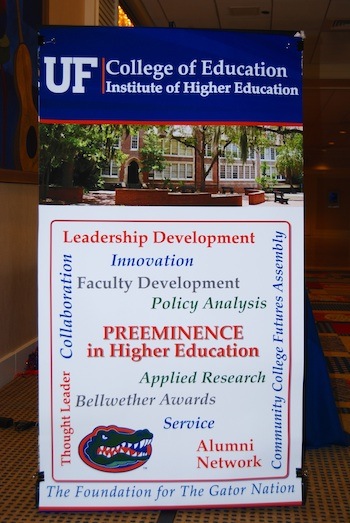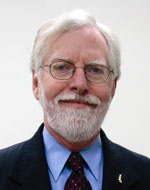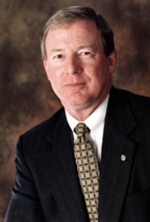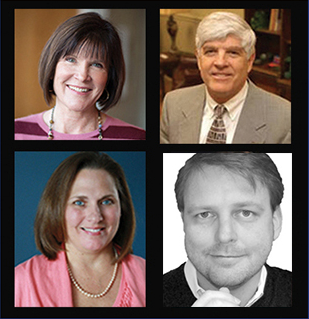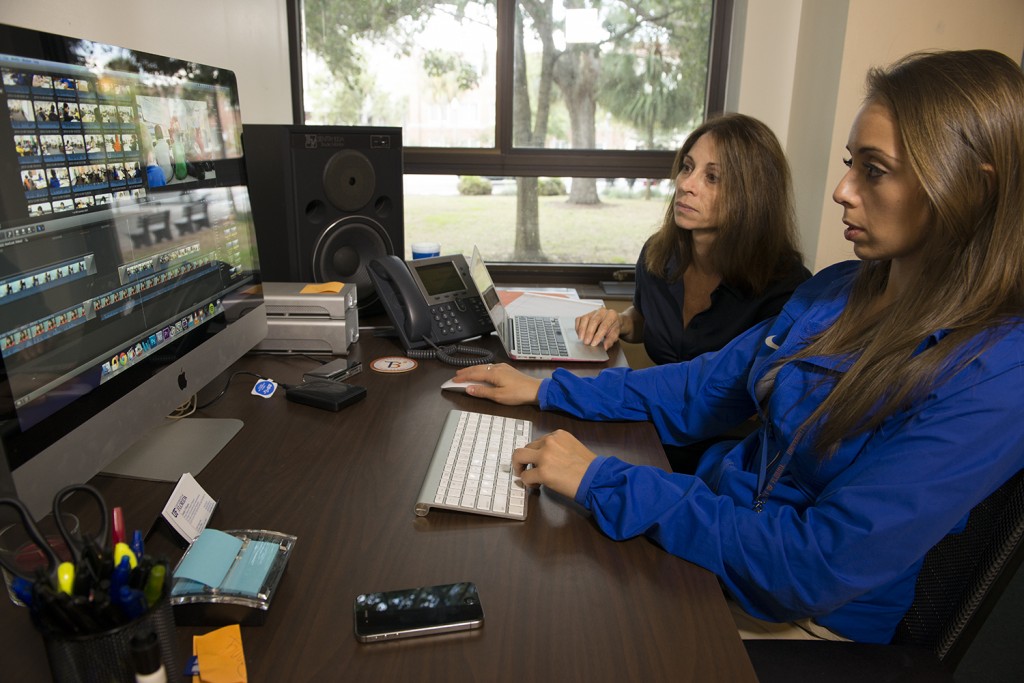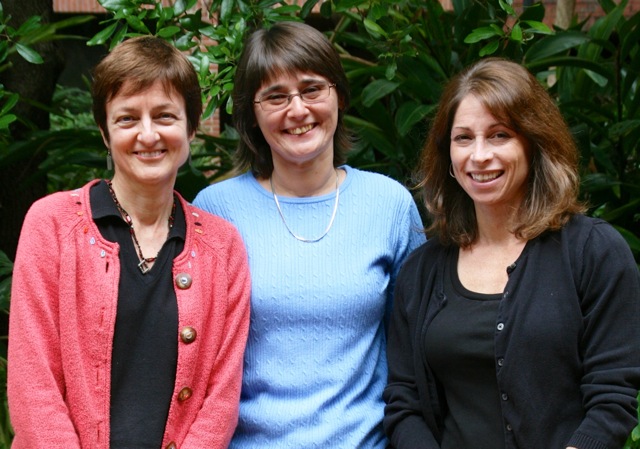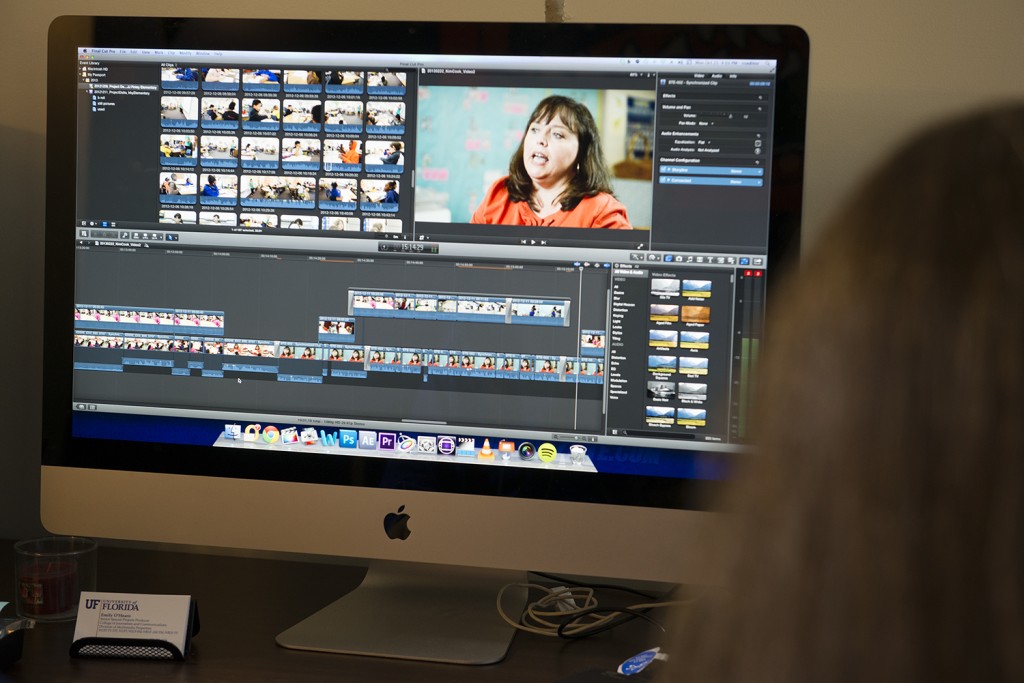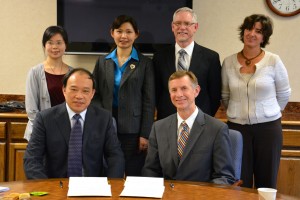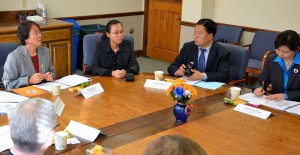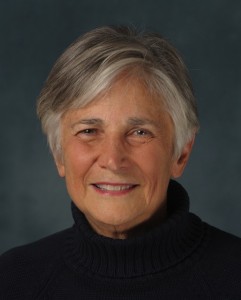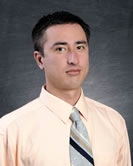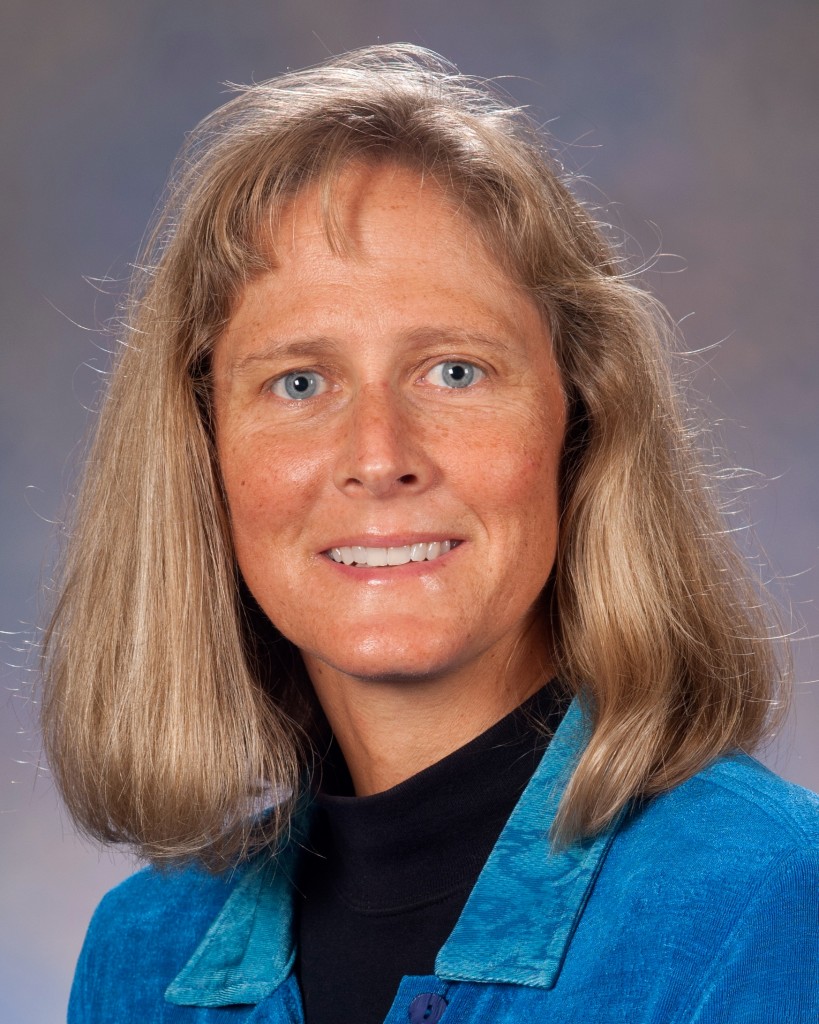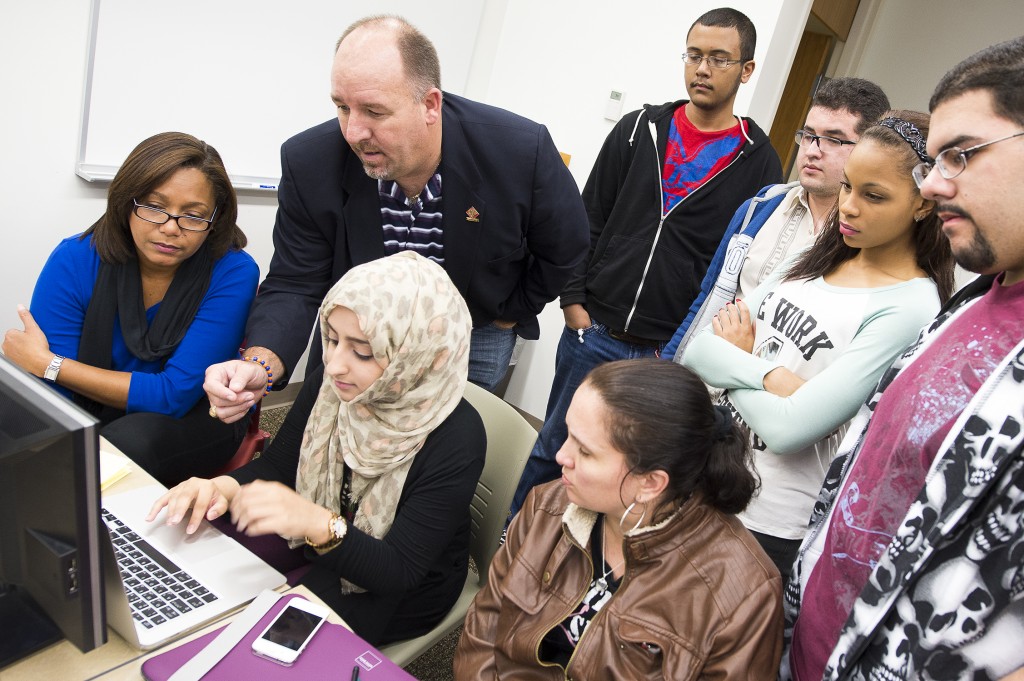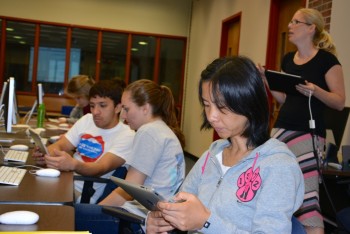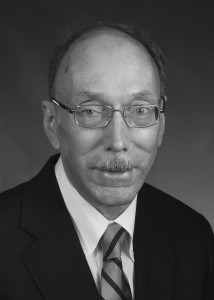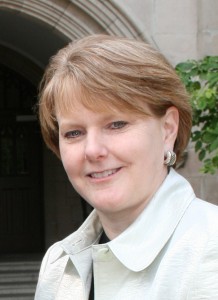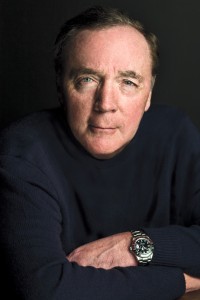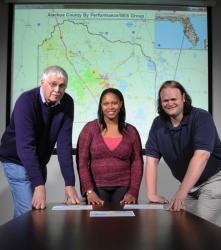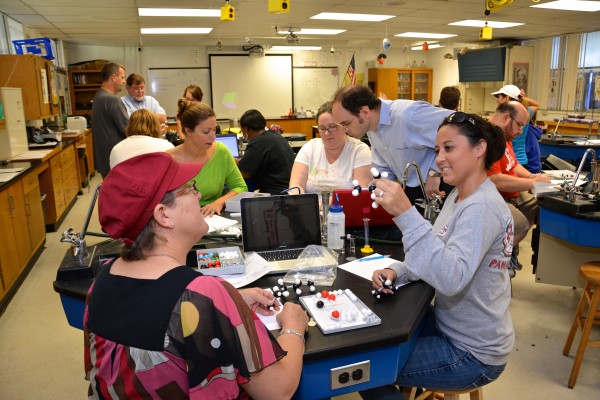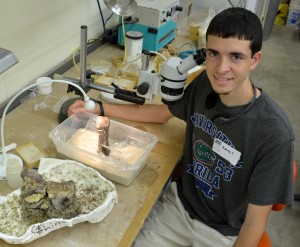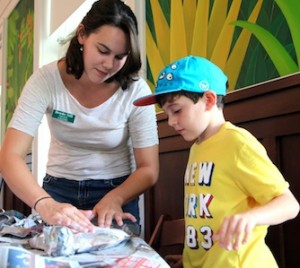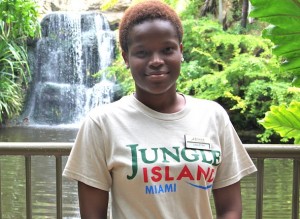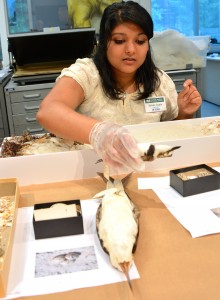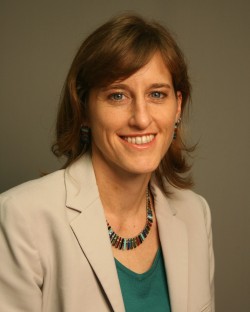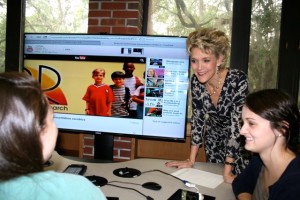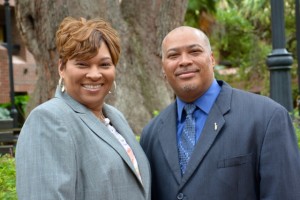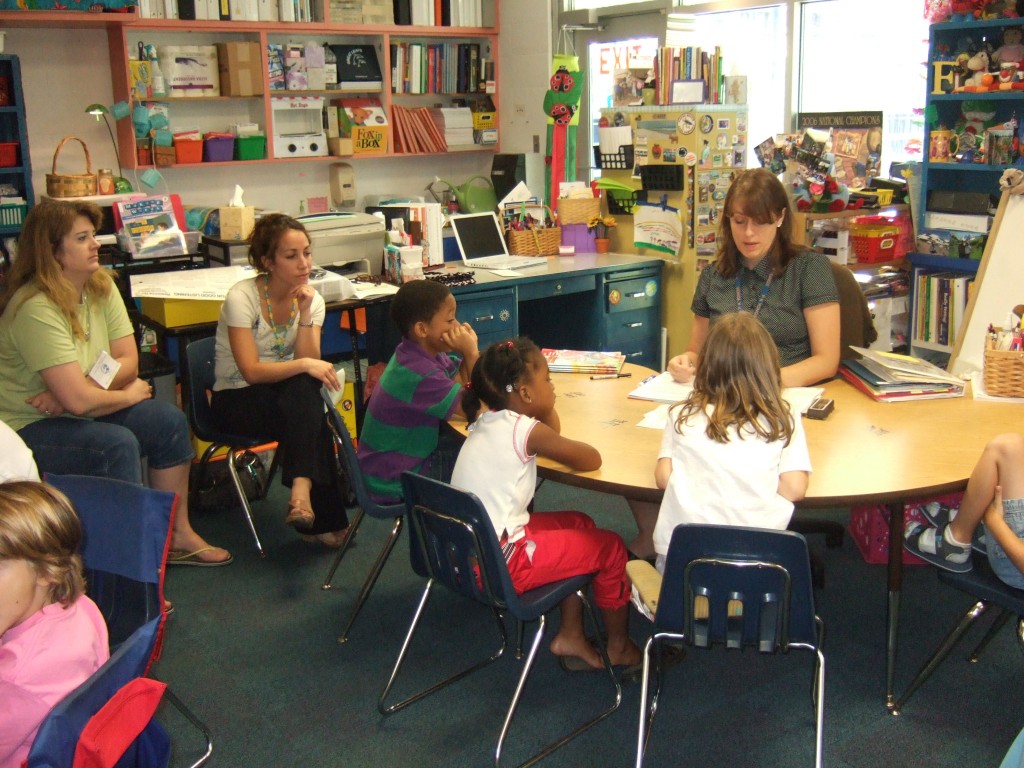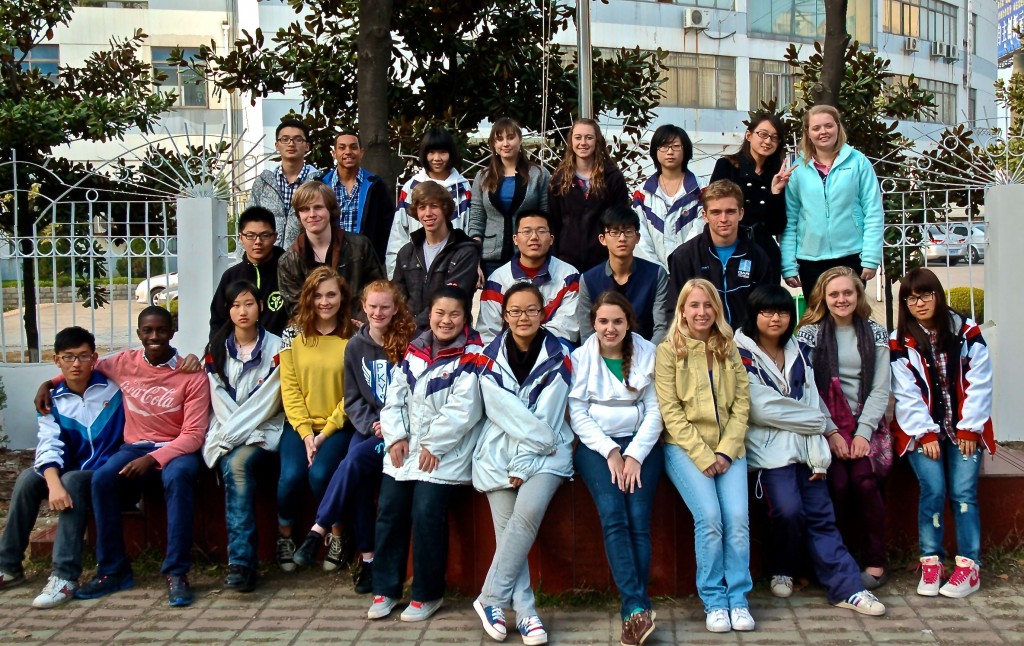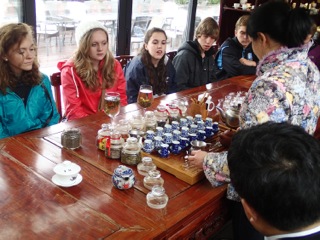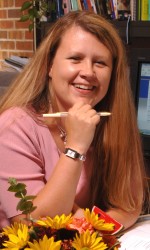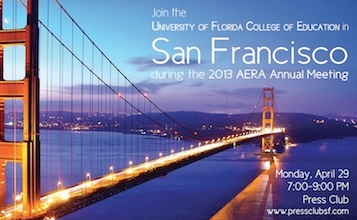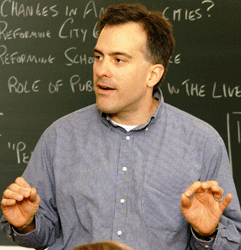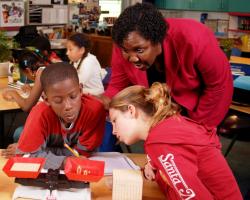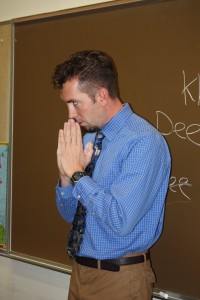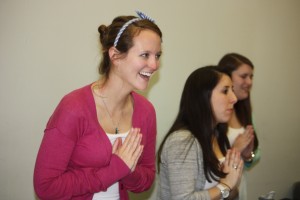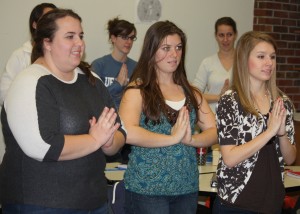https://education.ufl.edu/news/files/2019/07/News-1-300x65.png
0
0
https://education.ufl.edu/news/files/2019/07/News-1-300x65.png
2014-07-17 11:16:182014-07-17 15:33:01Visiting teachers of Chinese enhance their skills through COE-sponsored StarTalk program
https://education.ufl.edu/news/files/2019/07/News-1-300x65.png
0
0
https://education.ufl.edu/news/files/2019/07/News-1-300x65.png
2014-07-09 15:45:002016-05-06 13:32:28Teen traffic deaths inspire UF professors to write award-winning article, "A Science That Saves Lives'
https://education.ufl.edu/news/files/2019/07/News-1-300x65.png
0
0
https://education.ufl.edu/news/files/2019/07/News-1-300x65.png
2014-06-17 11:54:502016-04-12 15:14:19UF pioneering 'STEAM' elementary ed. at Coral Gables school
https://education.ufl.edu/news/files/2019/07/News-1-300x65.png
0
0
https://education.ufl.edu/news/files/2019/07/News-1-300x65.png
2014-06-16 10:57:422016-05-06 14:32:38UF's summer Algebra Nation program launched in Jacksonville, aided by $2M in state funds
https://education.ufl.edu/news/files/2019/07/News-1-300x65.png
0
0
https://education.ufl.edu/news/files/2019/07/News-1-300x65.png
2014-06-04 13:07:122014-06-04 13:09:51UF teacher prep program is first in state accredited by international dyslexia group
https://education.ufl.edu/news/files/2019/07/News-1-300x65.png
0
0
https://education.ufl.edu/news/files/2019/07/News-1-300x65.png
2014-06-04 12:11:132014-06-04 13:09:22School psychology program earns full accreditation renewal
https://education.ufl.edu/news/files/2019/07/News-1-300x65.png
0
0
https://education.ufl.edu/news/files/2019/07/News-1-300x65.png
2014-06-04 11:01:042014-06-05 11:39:15Smooth leadership transition for School of Teaching and Learning
https://education.ufl.edu/news/files/2019/07/News-1-300x65.png
0
0
https://education.ufl.edu/news/files/2019/07/News-1-300x65.png
2014-06-03 17:22:472014-06-03 17:48:34Waldron named associate dean for student affairs
https://education.ufl.edu/news/files/2014/04/KENNEY-Jo-spotlight.jpg
354
960
https://education.ufl.edu/news/files/2019/07/News-1-300x65.png
2014-04-28 12:05:112014-06-03 12:26:33Breast cancer doesn't stop ed tech student from earning her doctorate
https://education.ufl.edu/news/files/2019/07/News-1-300x65.png
0
0
https://education.ufl.edu/news/files/2019/07/News-1-300x65.png
2014-04-17 14:59:412014-04-24 15:32:27Study: Solving behavior problems early boosts preschoolers’ chances for success in learning
https://education.ufl.edu/news/files/2019/07/News-1-300x65.png
0
0
https://education.ufl.edu/news/files/2019/07/News-1-300x65.png
2014-04-01 06:30:442014-04-03 14:07:17Florida among 5 states partnering with new UF center to transform teaching of students with disabilities
https://education.ufl.edu/news/files/2019/07/News-1-300x65.png
0
0
https://education.ufl.edu/news/files/2019/07/News-1-300x65.png
2014-03-21 11:29:232014-04-15 11:43:26UF education researchers out in force at massive AERA meeting
https://education.ufl.edu/news/files/2019/07/News-1-300x65.png
0
0
https://education.ufl.edu/news/files/2019/07/News-1-300x65.png
2014-03-12 12:09:432014-03-14 09:52:59Lastinger Center wins Gates Foundation grant to build Algebra Nation teacher-development network
https://education.ufl.edu/news/files/2019/07/News-1-300x65.png
0
0
https://education.ufl.edu/news/files/2019/07/News-1-300x65.png
2014-03-11 09:46:412014-12-05 16:59:53College jumps 9 spots in national rankings; rates highest in state
https://education.ufl.edu/news/files/2019/07/News-1-300x65.png
0
0
https://education.ufl.edu/news/files/2019/07/News-1-300x65.png
2014-02-28 12:02:192014-03-03 10:51:31Broadway pros work behind the scenes for P.K. Yonge's production of 'Anything Goes'
https://education.ufl.edu/news/files/2014/02/LOWRY-Ruth-books.jpg
355
950
https://education.ufl.edu/news/files/2019/07/News-1-300x65.png
2014-02-11 09:42:272014-04-28 13:08:23Professor’s book - 'Fairy Tales with a Black Consciousness' - favors multicultural touch
https://education.ufl.edu/news/files/2019/07/News-1-300x65.png
0
0
https://education.ufl.edu/news/files/2019/07/News-1-300x65.png
2014-02-07 11:51:532014-02-07 11:51:53Act of kindness from UF president’s wife—a half-century ago—spurs couple’s scholarship gift
https://education.ufl.edu/news/files/2019/07/News-1-300x65.png
0
0
https://education.ufl.edu/news/files/2019/07/News-1-300x65.png
2014-02-06 10:04:362019-01-28 14:32:25UF institute rethinks its strategic role in transforming higher education
https://education.ufl.edu/news/files/2014/02/career-night-webpag3AC0D77.jpg
355
906
https://education.ufl.edu/news/files/2019/07/News-1-300x65.png
2014-02-05 16:25:102014-03-03 11:57:40Diverse practitioners headline Education Career Night Feb. 20
https://education.ufl.edu/news/files/2019/07/News-1-300x65.png
0
0
https://education.ufl.edu/news/files/2019/07/News-1-300x65.png
2014-01-23 09:16:412014-01-23 09:16:417-year study aims to boost teaching of state’s English language learners
https://education.ufl.edu/news/files/2019/07/News-1-300x65.png
0
0
https://education.ufl.edu/news/files/2019/07/News-1-300x65.png
2014-01-17 10:43:462014-01-17 10:46:21UF partners with Chinese university on teacher ed initiative
https://education.ufl.edu/news/files/2019/07/News-1-300x65.png
0
0
https://education.ufl.edu/news/files/2019/07/News-1-300x65.png
2014-01-07 10:38:592014-01-10 09:05:57Education pundit Diane Ravitch to hold Norman Hall 'chat' during UF appearance Jan. 22
https://education.ufl.edu/news/files/2013/11/RITZHAUPT-Albert_0220-Spotlight.jpeg
350
958
https://education.ufl.edu/news/files/2019/07/News-1-300x65.png
2013-11-26 09:29:052013-11-26 10:53:53Study reveals 'digital divide' among state's middle schoolers
https://education.ufl.edu/news/files/2013/11/JamesMay_cropped.jpg
355
960
https://education.ufl.edu/news/files/2019/07/News-1-300x65.png
2013-11-19 11:30:032013-11-21 15:17:29ESOL ed alumnus named 'Top 40 Innovator' in digital education
https://education.ufl.edu/news/files/2019/07/News-1-300x65.png
0
0
https://education.ufl.edu/news/files/2019/07/News-1-300x65.png
2013-11-13 09:10:562013-11-13 10:43:36Algebra Nation 2.0 launched to meet statewide demand of teachers, students
https://education.ufl.edu/news/files/2019/07/News-1-300x65.png
0
0
https://education.ufl.edu/news/files/2019/07/News-1-300x65.png
2013-11-12 09:52:262013-11-12 11:40:28Donor-funded iPads helping COE students learn to teach digital curriculum
https://education.ufl.edu/news/files/2019/07/News-1-300x65.png
0
0
https://education.ufl.edu/news/files/2019/07/News-1-300x65.png
2013-10-31 09:00:002013-10-31 09:52:31Gratitude inspires $2.2M gift to UF supporting teachers' graduate studies
https://education.ufl.edu/news/files/2019/07/News-1-300x65.png
0
0
https://education.ufl.edu/news/files/2019/07/News-1-300x65.png
2013-10-07 09:29:342013-10-07 09:34:36Study promotes early learning in everyday activities for infants, toddlers with disabilities
https://education.ufl.edu/news/files/2019/07/News-1-300x65.png
0
0
https://education.ufl.edu/news/files/2019/07/News-1-300x65.png
2013-08-26 13:04:132013-08-29 11:52:13UF gift from novelist James Patterson creates 8 scholarships in elementary education
https://education.ufl.edu/news/files/2019/07/News-1-300x65.png
0
0
https://education.ufl.edu/news/files/2019/07/News-1-300x65.png
2013-08-23 08:13:262013-08-23 10:49:58Counselor ed study links life stressors to students' reading scores
https://education.ufl.edu/news/files/2019/07/News-1-300x65.png
0
0
https://education.ufl.edu/news/files/2019/07/News-1-300x65.png
2013-08-15 08:39:222013-08-15 08:39:22UF, Palm Beach County schools launch bold STEM ed reform effort
https://education.ufl.edu/news/files/2019/07/News-1-300x65.png
0
0
https://education.ufl.edu/news/files/2019/07/News-1-300x65.png
2013-08-06 13:35:092013-08-09 12:23:45UFTeach summer scholars get hands-on training in STEM education
https://education.ufl.edu/news/files/2019/07/News-1-300x65.png
0
0
https://education.ufl.edu/news/files/2019/07/News-1-300x65.png
2013-07-18 12:33:122013-07-18 13:08:50School discipline researcher suggests alternatives to out-of-school suspensions
https://education.ufl.edu/news/files/2019/07/News-1-300x65.png
0
0
https://education.ufl.edu/news/files/2019/07/News-1-300x65.png
2013-07-11 11:48:012013-07-11 11:48:01State legislature invests $2M in Algebra Nation, UF’s answer to high-stakes End-of-Course exam
https://education.ufl.edu/news/files/2013/07/suzy-colvin1.png
355
960
https://education.ufl.edu/news/files/2019/07/News-1-300x65.png
2013-07-09 13:07:312013-08-22 09:38:45Technology Teaching Lab for future teachers takes interactive learning to higher level
https://education.ufl.edu/news/files/2019/07/News-1-300x65.png
0
0
https://education.ufl.edu/news/files/2019/07/News-1-300x65.png
2013-07-09 11:07:362013-08-22 09:36:43UF, historically black colleges and universities launching statewide mentoring for at-risk minority youth
https://education.ufl.edu/news/files/2019/07/News-1-300x65.png
0
0
https://education.ufl.edu/news/files/2019/07/News-1-300x65.png
2013-07-02 13:11:122013-08-22 09:37:19PKY starts planning for new secondary wing
https://education.ufl.edu/news/files/2019/07/News-1-300x65.png
0
0
https://education.ufl.edu/news/files/2019/07/News-1-300x65.png
2013-06-26 18:22:392013-06-28 08:36:21Florida DOE alerting recent teacher prep students of personal info exposed
https://education.ufl.edu/news/files/2019/07/News-1-300x65.png
0
0
https://education.ufl.edu/news/files/2019/07/News-1-300x65.png
2013-06-20 10:28:162013-06-21 09:43:12COE posts open response to disputed NCTQ Teacher Prep Review
https://education.ufl.edu/news/files/2019/07/News-1-300x65.png
0
0
https://education.ufl.edu/news/files/2019/07/News-1-300x65.png
2013-06-12 09:38:342013-06-12 09:52:34Summer institutes for teachers offered in reading instruction, Common Core
https://education.ufl.edu/news/files/2019/07/News-1-300x65.png
0
0
https://education.ufl.edu/news/files/2019/07/News-1-300x65.png
2013-04-24 11:23:532013-04-25 10:22:33P.K. Yonge high schoolers visit Chinese partner school during spring break
https://education.ufl.edu/news/files/2019/07/News-1-300x65.png
0
0
https://education.ufl.edu/news/files/2019/07/News-1-300x65.png
2013-04-15 10:28:302013-05-02 16:30:22COE researchers out in force at AERA’s massive annual meeting
https://education.ufl.edu/news/files/2019/07/News-1-300x65.png
0
0
https://education.ufl.edu/news/files/2019/07/News-1-300x65.png
2013-03-26 09:53:432019-07-10 16:02:51Professor’s book ties origin of science fairs to call for more STEM education
https://education.ufl.edu/news/files/2019/07/News-1-300x65.png
0
0
https://education.ufl.edu/news/files/2019/07/News-1-300x65.png
2013-03-12 11:22:252013-03-12 17:38:47US News rates COE first in state; five specialties nationally ranked
https://education.ufl.edu/news/files/2019/07/News-1-300x65.png
0
0
https://education.ufl.edu/news/files/2019/07/News-1-300x65.png
2013-03-05 13:51:052013-03-06 11:39:19UF launches free Algebra Nation prep tool at 2nd Florida high school
https://education.ufl.edu/news/files/2019/07/News-1-300x65.png
0
0
https://education.ufl.edu/news/files/2019/07/News-1-300x65.png
2013-02-18 14:15:342013-03-06 11:34:44PKY-COE host gathering to map out transformation of middle school science education
https://education.ufl.edu/news/files/2019/07/News-1-300x65.png
0
0
https://education.ufl.edu/news/files/2019/07/News-1-300x65.png
2013-02-11 14:32:512013-03-04 11:49:47Video captures UFCOE-Thailand education connection
Scroll to top

